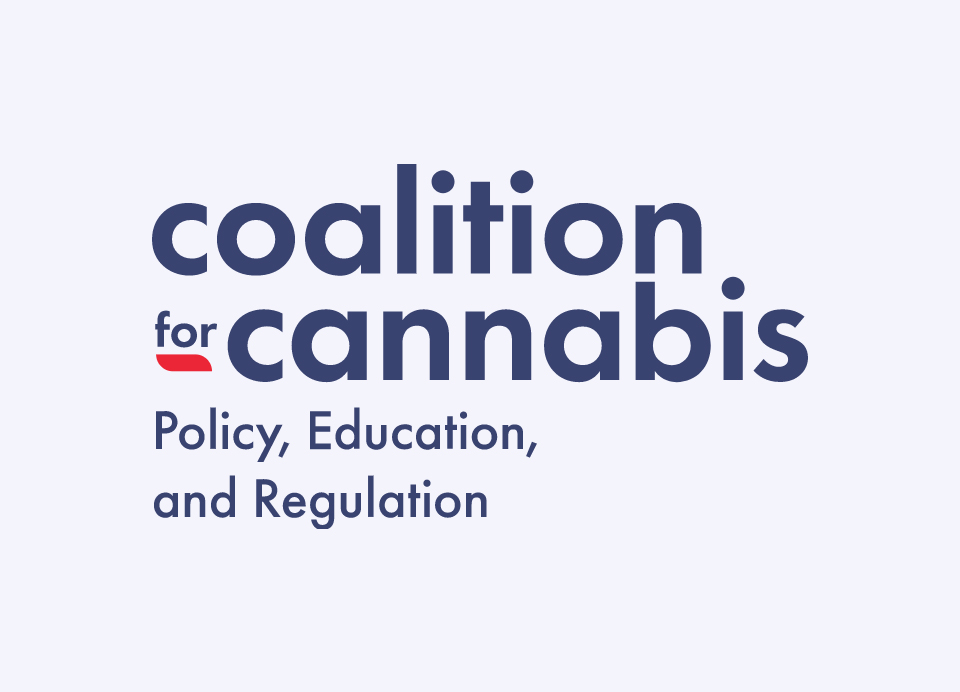
July 21, 2022
CPEAR: Federal Cannabis Legislation Presents Opportunity to Create Responsible Federal Framework
WASHINGTON, DC – Today, the Coalition for Cannabis Policy, Education, and Regulation (CPEAR) released the following statements from its executive director, Andrew Freedman, and co-chairs former U.S. Senate Majority Leader Tom Daschle and former U.S. Congressman Greg Walden on the recently introduced Cannabis Administration and Opportunity Act (CAOA):
“This bill represents a pivotal moment for the cannabis industry and is an opportunity to create a responsible federal cannabis regulatory framework rooted in science, evidence, and data,” said Andrew Freedman, executive director of CPEAR. It is essential that federal legislation provides strong guardrails to prevent youth access and drugged driving through the inclusion of strong public health and safety standards.
“We thank Senators Booker, Wyden, and Schumer for their leadership on federal cannabis reform and their willingness to listen to a diverse array of stakeholders in drafting this legislation. We are grateful the bill includes meaningful efforts to create a regulatory system to let businesses of all sizes find their place in the economy. We look forward to working with Congress to advance a thoughtful and comprehensive framework to improve cannabis policy across America.”
“When 1 in 3 Americans have access to legal cannabis, the federal government should establish clear guardrails for public safety, driving under the influence, and keeping our youth safe,” said CPEAR Co-Chair and former Senate Majority Leader Tom Daschle. “There are over 400,000 jobs and billions of dollars at stake here, so Congress must get this right. I applaud the efforts of Senate Majority Leader Schumer, Senator Booker, and Senator Wyden in introducing CAOA, the most comprehensive federal cannabis reform effort to date.”
“As a lifelong Republican, I’ve had my own journey with supporting cannabis reform, and it’s clear to me that a federal framework is essential in protecting the rights of states that choose to legalize cannabis,” said former U.S. Representative Greg Walden. “Whether it’s strengthening the economy, providing more jobs, combatting youth use, or allowing law enforcement officials to focus on more serious crimes, reforming cannabis offers solutions to these issues and many more. I’d like to thank my fellow Oregonian and lead sponsor, Senator Ron Wyden, who has championed this issue for many years. I look forward to continuing to work with my former colleagues on both sides of the aisle and championing a bill Republicans can get behind.”
CAOA was unveiled by U.S. Senators Cory Booker (D-NJ), Ron Wyden (D-OR), and Chuck Schumer (D-NY) on July 21, 2022. CPEAR submitted 31 pages of comments in response to the CAOA discussion draft, and eagerly anticipated the release of the finalized bill. Read the full text of the bill here.
Earlier this year, CPEAR released original polling showing an overwhelming majority (70 percent) of voters support federal cannabis reform to end the federal prohibition on cannabis for adult-use. Additionally, 67 percent of voters nationwide support ending prohibition at the federal level and allowing individual states to decide whether cannabis will be legal in their state. Importantly, support for ending the federal prohibition on adult-use cannabis extends across party lines, including 58 percent of Republicans, 83 percent of Democrats, and 70 percent of independents.
###
About the Coalition for Cannabis Policy, Education, and Regulation
A 501(c)(4) non-profit organization, the Coalition for Cannabis Policy, Education, and Regulation (CPEAR) works to advance comprehensive policy solutions for cannabis regulation. The Coalition strives to be a trusted, science-driven resource for lawmakers and the larger stakeholder community, developing responsible policies that protect consumers and patients, prevent underage use, uphold public health and safety, and promote social equity. Comprised of a diverse group of stakeholders, the Coalition brings unique perspectives to the table to thoughtfully address what a federally regulated cannabis industry should look like. To learn more, visit www.CPEAR.org and follow us on Twitter.